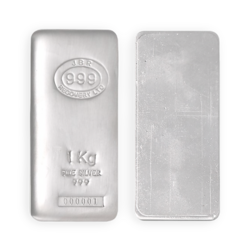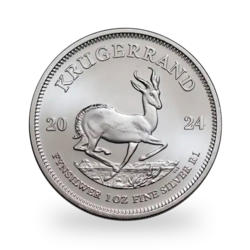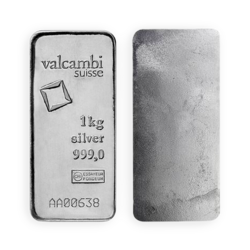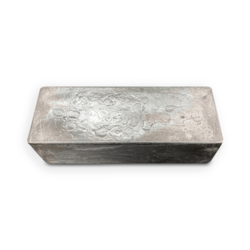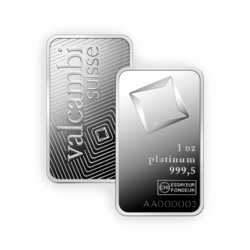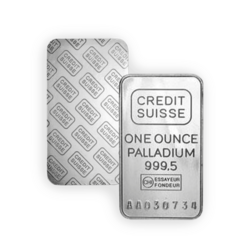As stated by La Tribune, “Emmanuel Macron wishes the implementation of the European Banking Union – a system for joint management of bank failures – to be finalised as soon as possible in order to draw lessons from the Euro zone’s debt crisis.” Well, alright, but why is it so urgent? Is the French President aware of any disturbing report on the French banks? In any case, too bad for him, because Angela Merkel has repeatedly stated that “her country was against one of the pillars of the project, that is the creation of a European fund to guarantee personal deposits,” the paper goes on.
To make things perfectly clear, an expert from Merkel’s party said that, “we do not want German depositors in the position of bailing out Greek or Italian banks.” He could have added, with a little less diplomacy, the French banks as well. We’ll just have to rely on our own little biceps, that is the Fonds de garantie des dépôts et de résolution (FGDR), a guarantee fund for deposits, created in 1999 to compensate depositors in case of bankruptcy. This fund is supposed to guarantee bank accounts up to €100,000 per depositor and per bank.
Really? Let’s take a closer look. As a page from the FGDR website details, the French banking system comprises 7.927 Trillion euro in assets, of which 2.723 Trillion euro in private deposits, whereas this other page explains the FDGR has 3.5 Billion euro in equity for fulfilling its missions, or 1 euro in guarantee for 2 264 euro in assets, or for 778 euro in deposit – a ridiculous ratio should a banking crisis occur, proving that the 100 000 euro guarantee is but an illusion. This helps in understanding President Macron’s eagerness in having a European bailout fund, but he has been told “nein”.
It goes without saying that all deposits will be impacted by a serious banking crisis – even the smallest ones - as we had shown with the BRRD directive, which makes it legal to use depositors’ accounts. As far as life insurance, it can be blocked with the Sapin 2 law.
The solution is not with a hypothetical guarantee fund covering the whole of Europe – it will always be too small in case of a financial crisis – and this kind of regrouping actually takes responsibility away from bankers and political leaders. On the contrary, what we need is more responsibility at all levels – we have to forgo this “too big to fail” mentality and separate banking deposits from investment banking activities, be more transparent on derivatives and increase equity. Is this where we’re going? Not at all. The consequences are clear: it’s up to each depositor to get his own guarantee, or insurance, and not rely on the State’s guarantee, above all. The best insurance fund, as we know, consists of physical gold primarily, along with a few tangible assets and some crypto-currencies, for those who are familiar with them. The FGDR is just a politician’s promise.
Reproduction, in whole or in part, is authorized as long as it includes all the text hyperlinks and a link back to the original source.
The information contained in this article is for information purposes only and does not constitute investment advice or a recommendation to buy or sell.





